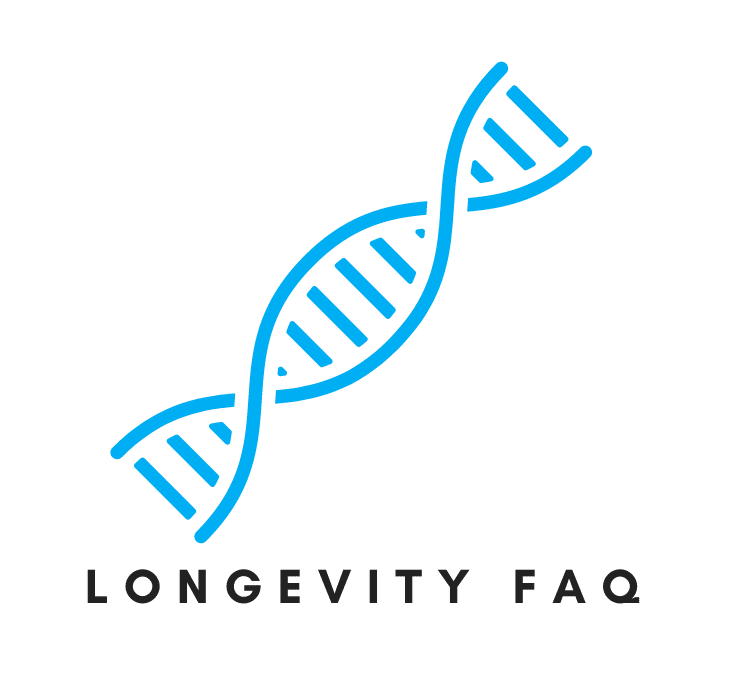
The Dietary Supplement Health and Education Act (DSHEA) of 1994 is a significant piece of legislation regulating the dietary supplement market in the United States. This act was a bipartisan effort, supported by both Democrats and Republicans and was signed into law by President Bill Clinton on October 25, 1994. Since its inception, there have been minor amendments and updates to the act, but its core principles have remained essentially unchanged.
The primary purpose of DSHEA is to establish a regulatory framework for dietary supplements, ensuring they are safe and adequately labeled while providing consumers with access to information about their potential health benefits. The act defines dietary supplements as products intended to supplement the diet, containing one or more nutritional ingredients such as vitamins, minerals, herbs, or other botanicals. It also sets guidelines for manufacturing and labeling these products and requirements for making claims about their health benefits.
The Food and Drug Administration (FDA) is the government authority responsible for overseeing the implementation and enforcement of DSHEA. The act grants the FDA the power to regulate and monitor the safety of dietary supplements in the market. It also stipulates that manufacturers must ensure the safety and efficacy of their products before they are sold to consumers. However, unlike prescription drugs, dietary supplements do not require pre-market approval from the FDA.
Key points of the DSHEA include:
- Definition of dietary supplements and their ingredients
- Guidelines for the manufacturing, labeling, and marketing of supplements
- Requirements for health claims and structure-function claims on labels
- Establishment of the Office of Dietary Supplements within the National Institutes of Health (NIH)
- Granting the FDA authority to regulate and monitor the safety of dietary supplements
Despite its intentions to protect consumer health and promote access to information, DSHEA has faced criticism from various organizations, companies, and individuals. Some argue that the act’s regulations must be more lenient, allowing potentially dangerous products to enter the market without sufficient oversight. Others believe that it hinders innovation and development in the supplement industry. Notable critics include consumer advocacy groups, such as the Center for Science in the Public Interest, and medical professionals who argue that the act does not adequately address issues related to supplement safety and efficacy.
« Back to Glossary Index